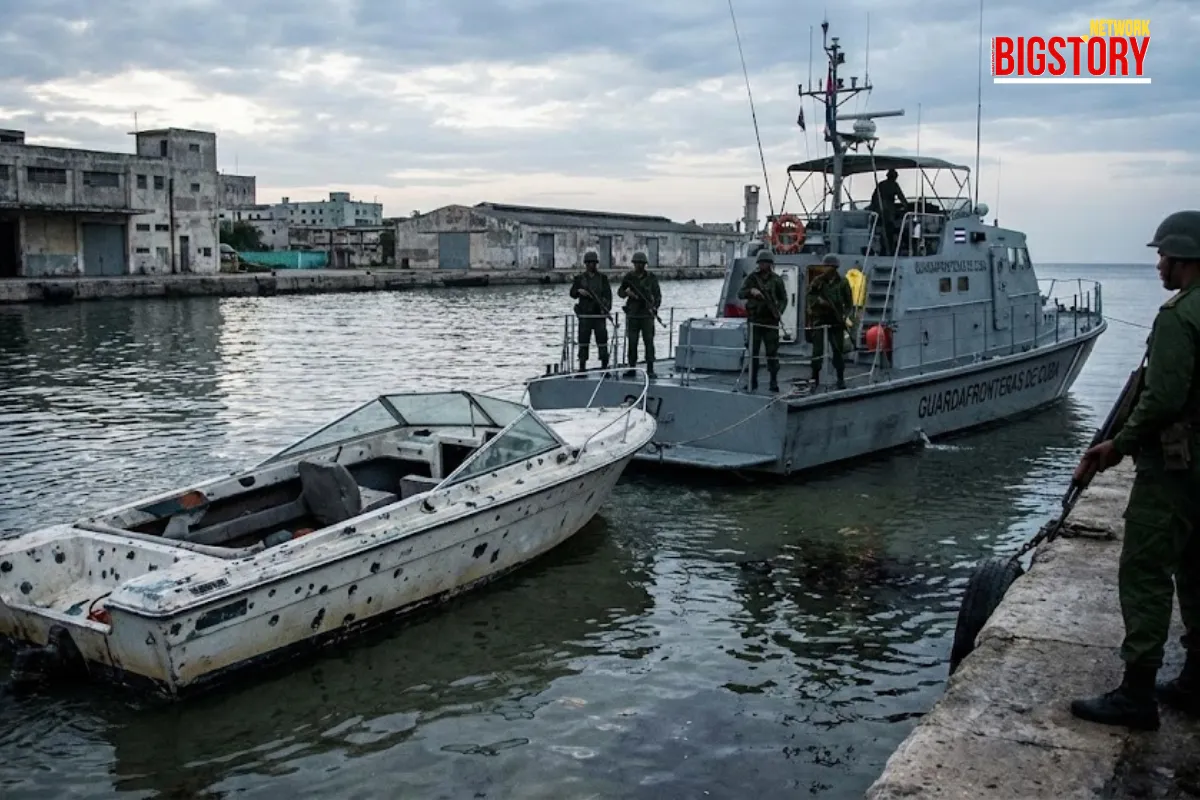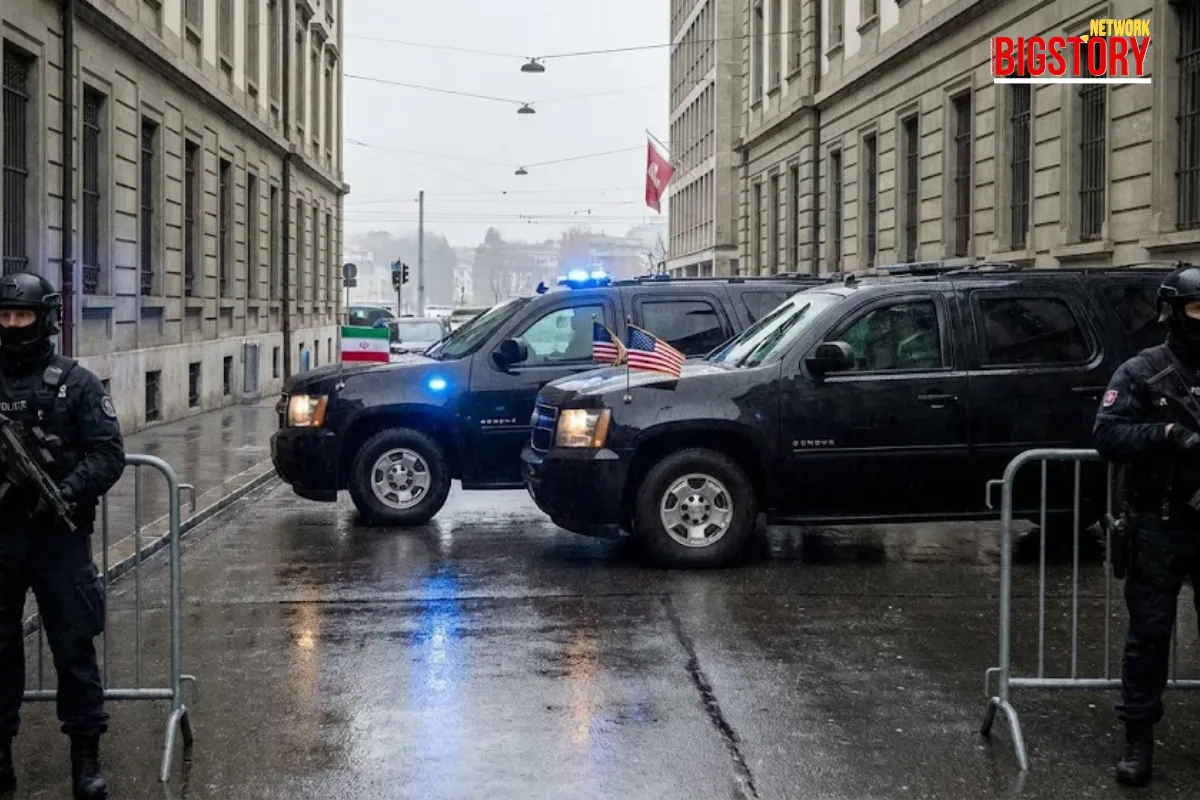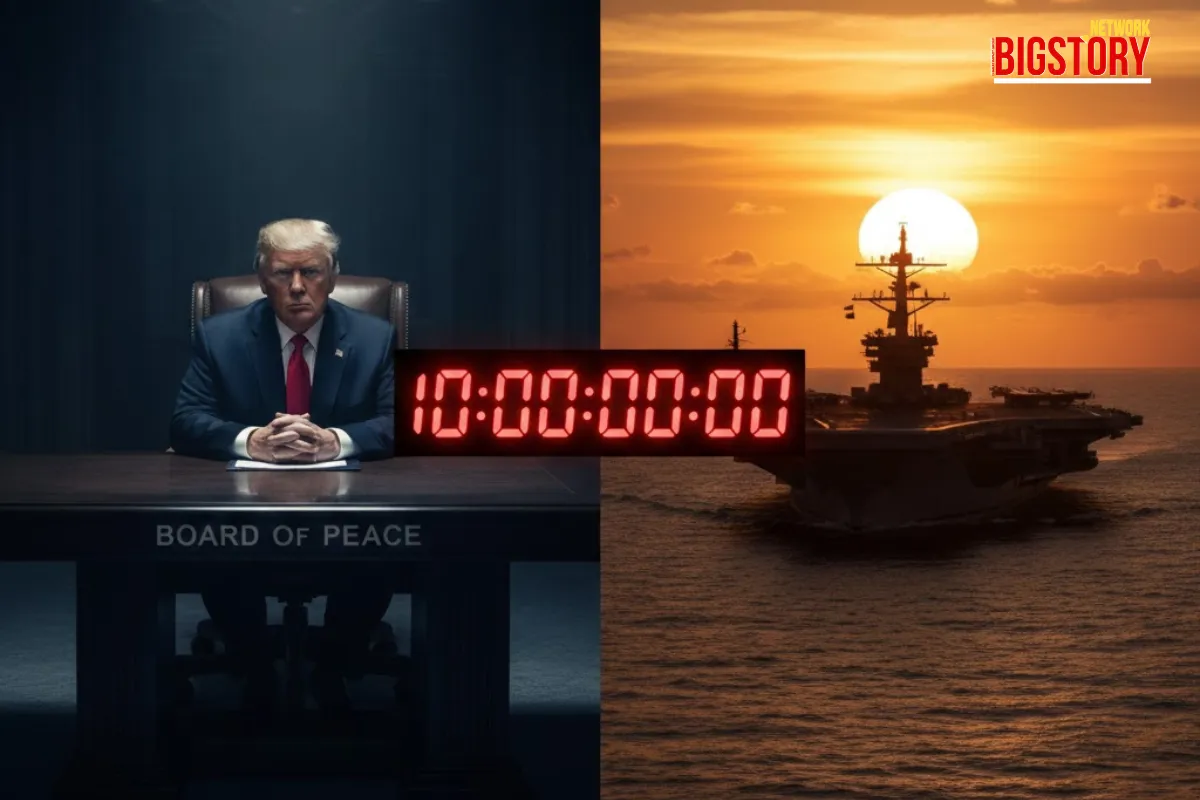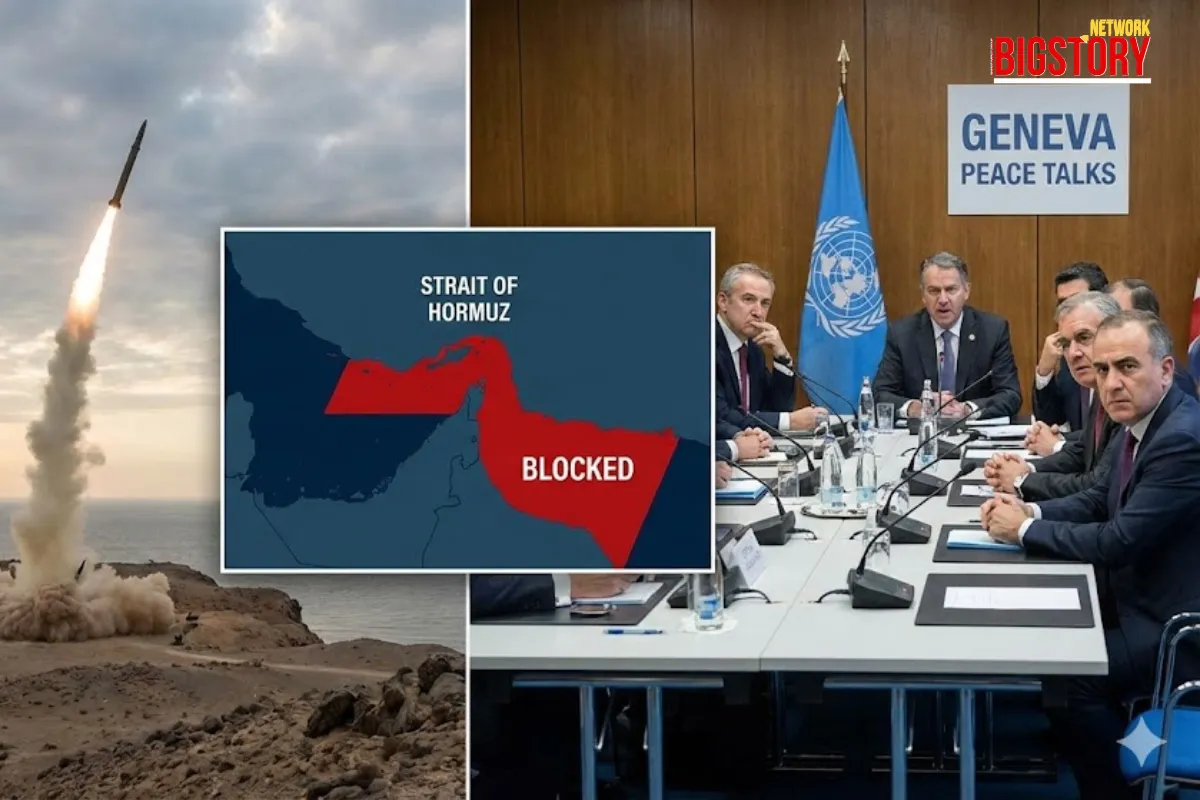The Kurdistan Workers' Party (PKK) symbolically ended its armed struggle against Turkey by burning weapons in Iraq, signaling a major peace process milestone.
 Sseema Giill
Sseema Giill
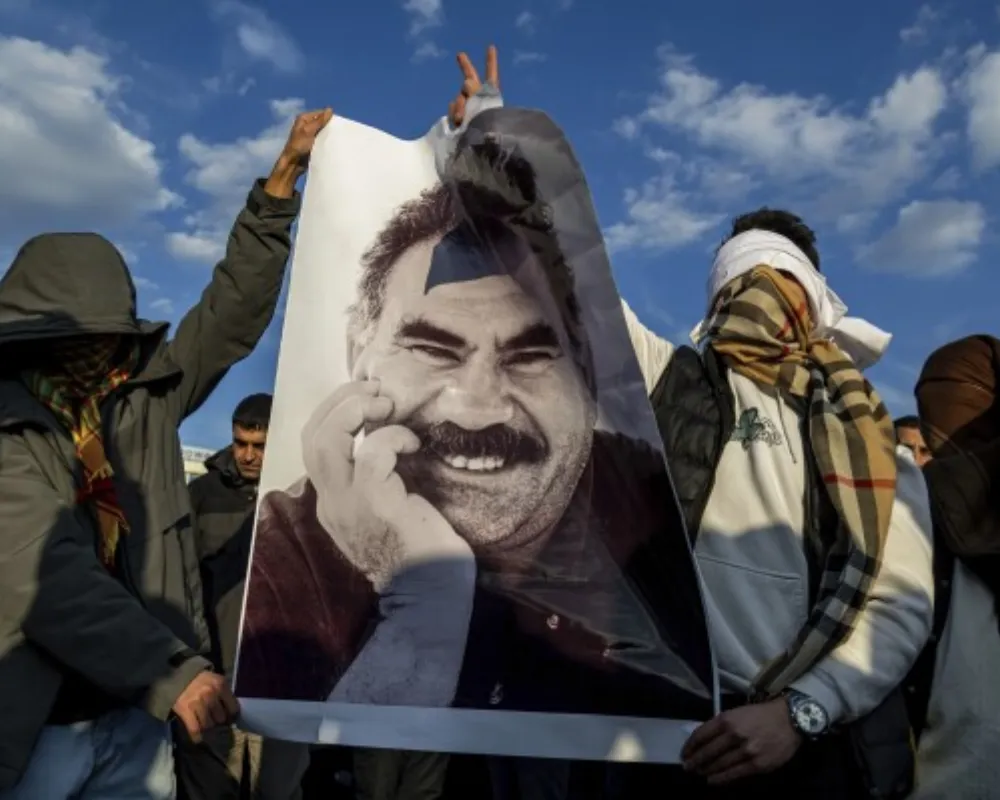
SULAIMANIYAH, IRAQ / ANKARA, TURKEY — In a watershed moment for one of the Middle East's longest-running conflicts, the Kurdistan Workers' Party (PKK) on Friday symbolically announced the end of its four-decade armed struggle against Turkey. The declaration came as dozens of PKK fighters gathered in a solemn ceremony near Sulaimaniyah in Iraqi Kurdistan, where they publicly destroyed their weapons, marking a tangible step towards a new peace process.
This historic development follows a critical announcement in May 2025 by the PKK that it would disband and renounce armed conflict. The decision was made in response to a direct call from its imprisoned leader, Abdullah Öcalan, who has been held in Turkey since 1999. In a rare public video message released earlier this week, Öcalan further urged his group to swiftly implement the disarmament process.
The ceremony on Friday saw approximately 30 PKK members, both men and women, clad in fatigues, placing their rifles, machine guns, and even a rocket-propelled grenade launcher into a burning cauldron. This symbolic act was witnessed by over a hundred observers, including officials from Turkey's pro-Kurdish Peoples' Democracy and Equality Party (DEM), which has played a crucial intermediary role in facilitating the peace talks. Bese Hozat, a senior PKK official, described the ceremony as "a goodwill and committed step toward the practical success of the peace process," expressing hope for peace and freedom across the region.
Turkish President Recep Tayyip Erdogan hailed the ceremony as an "important step toward our goal of a terrorism-free Turkey." Omer Celik, spokesperson for the ruling Justice and Development Party (AKP), emphasized that a "critical threshold has been crossed," while cautioning that the disarmament process must be concluded by the end of summer to prevent derailment. The Turkish government, which designates the PKK as a terrorist organization, has indicated a willingness to establish a parliamentary commission to oversee the peace process and advise on necessary steps, including the potential for legal reintegration of former fighters.
The PKK, initially formed in 1978 with the aim of establishing an independent Kurdish state, later shifted its demand to greater political and cultural rights within Turkey. The conflict has claimed over 40,000 lives from both sides since 1984. Previous peace efforts, notably between 2013 and 2015, had collapsed, leading to renewed hostilities. The current initiative gained momentum after a surprising shift in tone from Devlet Bahçeli, leader of the Nationalist Movement Party (MHP) and a key ally of President Erdogan, who in October 2024 invited Öcalan to dissolve the PKK and speak in the Turkish parliament.
While the symbolic disarmament marks a significant turning point, challenges remain. The PKK insists on the need for legal reforms in Turkey to allow its former fighters to return home and engage in democratic politics. Unresolved questions about the future status of PKK-linked groups in Syria and Iraq also persist. Despite these complexities, the collective commitment to dialogue and the initial concrete steps towards disarming signal a new, hopeful chapter in a conflict that has long destabilized Turkey and the wider Middle East.



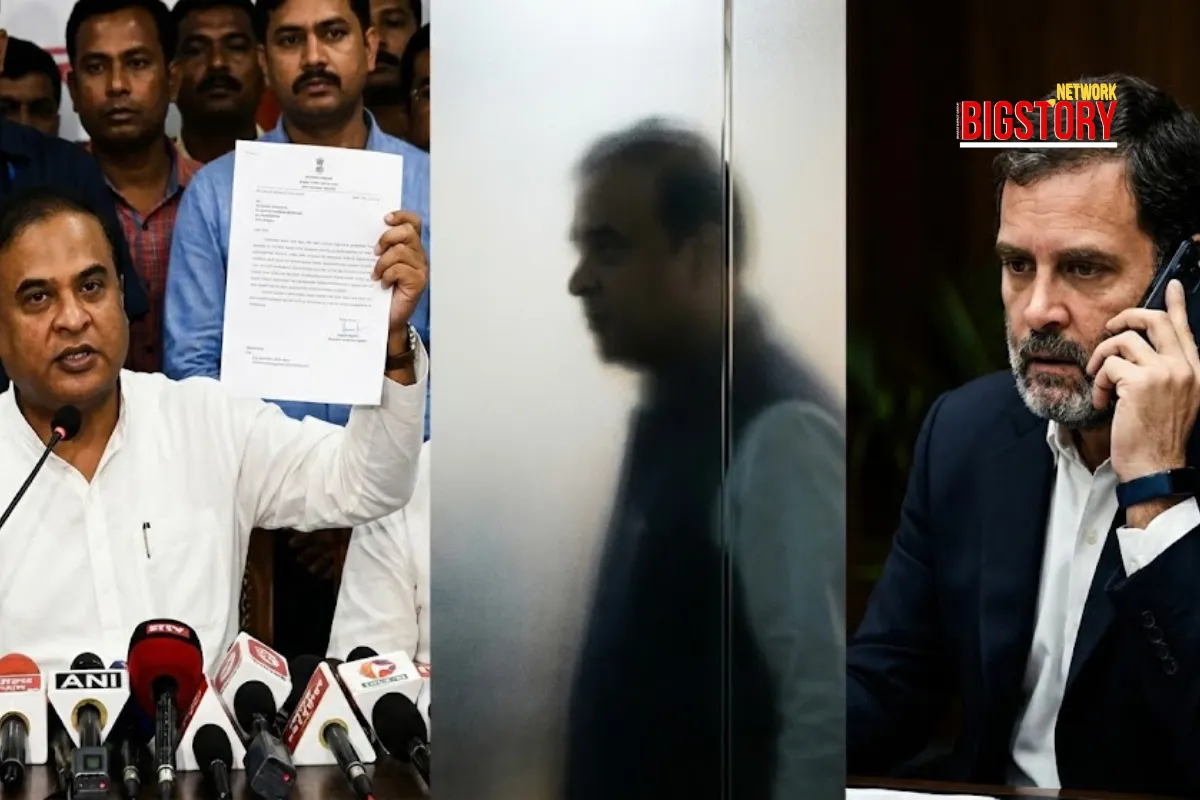


Sign up for the Daily newsletter to get your biggest stories, handpicked for you each day.
 Trending Now! in last 24hrs
Trending Now! in last 24hrs
